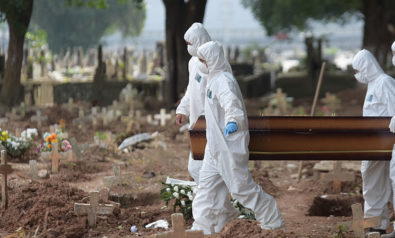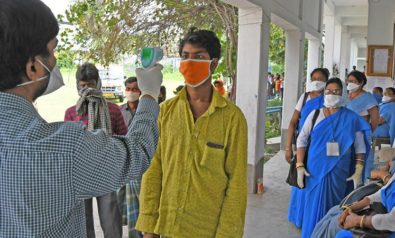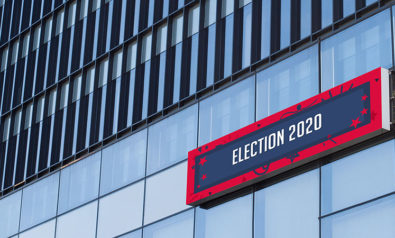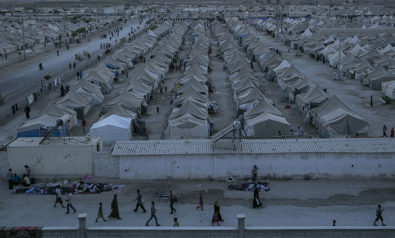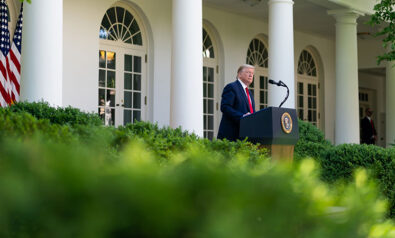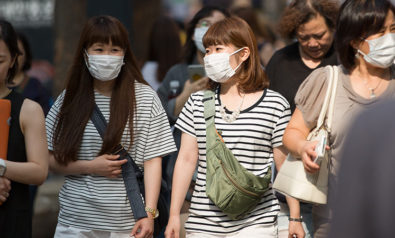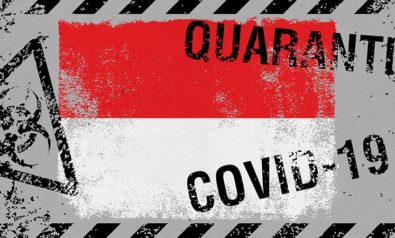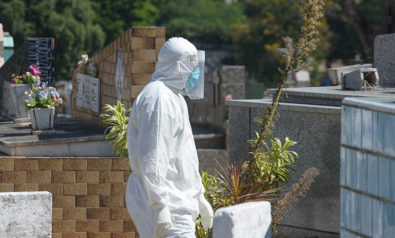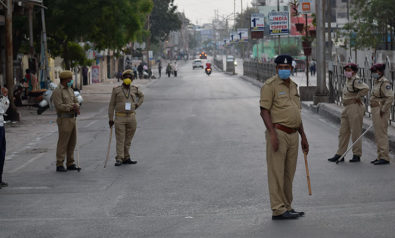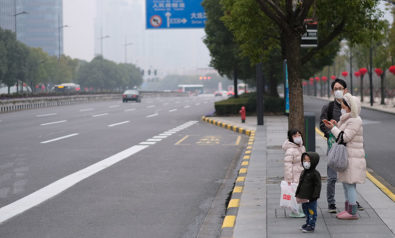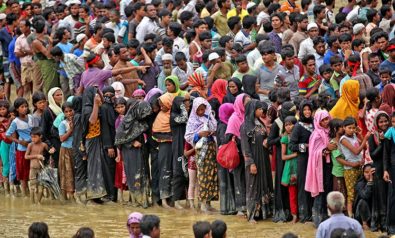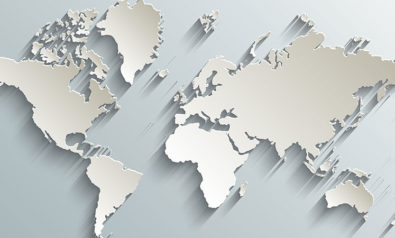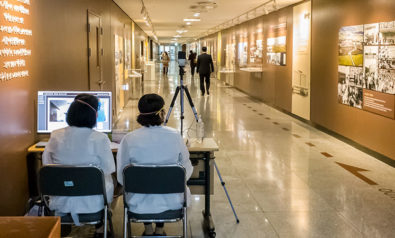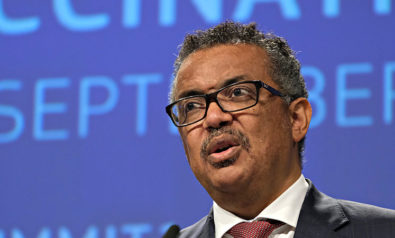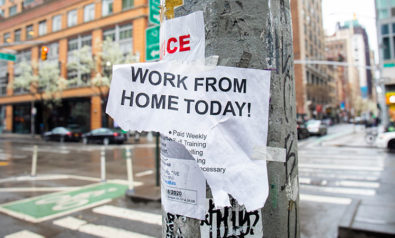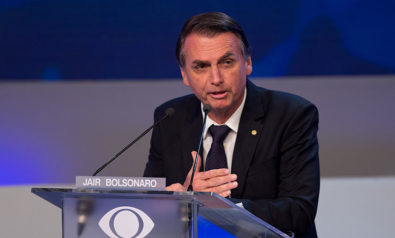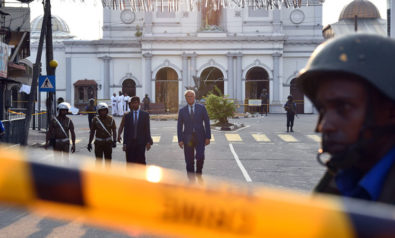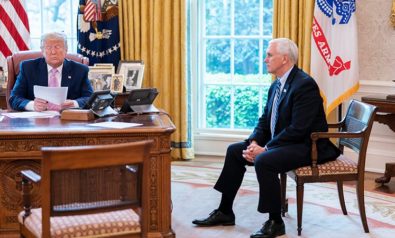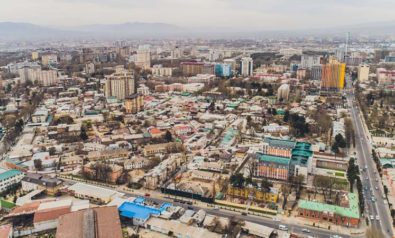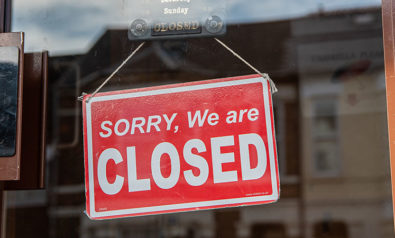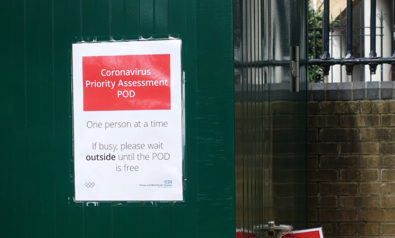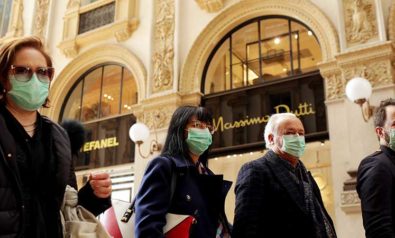April has been a hard month for the largest and most populous Latin American country. While the whole world is engulfed in the COVID-19 pandemic, which has killed over 200,000 globally to date and unleashed an unprecedented economic crisis, Brazil has also been going through political upheaval. The combination of health, economic and political emergencies have come together to create a truly perfect storm. To compound Brazil’s COVID-19 emergency and poor economic performance in 2019, the minister of justice, Sergio Moro, resigned on April 24, dealing another blow to President Jair Bolsonaro’s administration.
Undeniably, the effects of the COVID-19 on the country are by far the most serious. On April 28, Brazil surpassed 4,600 coronavirus deaths. In areas like Manaus and Belem do Para, the most populous urban centers of in the north and the Amazon regions, and Brazil’s largest cities like Sao Paulo, Rio de Janeiro and Recife, the health systems are on a verge of collapse. Pictures of bulldozers digging mass graves have shocked the country as the number of infections keeps climbing, now at over 67,000.
Worse to Come
Amidst it all, Jair Bolsonaro has adopted a rhetoric of denial against the virus. From calling it “a fantasy created by the media” to “the little flu” or “little cold,” the president has been downplaying the effects of COVID-19 since February. He started a political campaign against state governors and mayors who had adopted lockdown measures, calling these an “exaggeration.” On April 16, Bolsonaro fired his minister of health, the popular Dr. Henrique Mandetta, an advocate of social distancing and isolation measures that Bolsonaro has publicly ignored. The president has chosen a low-profile doctor, Nelson Teich, who has not yet released a plan for containing the pandemic. The new minister has also adopted a dubious position on self-isolation.
But the worse was still to come. By far the most popular minister in Bolosnaro’s cabinet was Sergio Moro. Moro was the judge in Operation Car Wash, an anti-corruption task force that uncovered one of the biggest corruption schemes in the country’s history, leading to the arrest of over 80 business people and politicians across Brazil, including the former President Luiz Inacio “Lula” da Silva. Well known for his work against corruption, Moro has accepted the invitation from the newly elected president Bolsonaro in 2018 to be lead the Justice Ministry, giving up his career as a federal judge.
Moro was often singled out by analysts as the “moral ballast” of the Bolsonaro government. Bolsonaro ran on a promise to eradicate corruption, but since coming to power, scandals involving his inner circle have surfaced. These include his three sons, Carlos, a councilman for the municipality of Rio de Janeiro, Eduardo, a congressman for the state of São Paulo, and Flavio, a senator for Rio de Janeiro state.
Moro’s resignation was a significant political event, without a mitigating written statement claiming personal issues or need for rest, or any similar common excuses. The departing minister called an open press conference. Considering that Bolsonaro treats the press as an enemy, especially Grupo Globo — the most prominent Brazilian media conglomerate — the way the announcement was delivered was an obvious dig at the president.
The content was explosive: Moro accused the president of trying to interfere in the federal police inquiries, stating that Bolsonaro wanted to nominate a police supervisor whom he could call up for details on investigations, which is forbidden by the Brazilian Constitution.
The resignation prompted swift reactions, with Bolsonaro publicly denying the accusations. Surrounded by his cabinet, the president criticized Moro’s work leading the Ministry of Justice. But while trying to defend himself against the allegations of interfering in the federal police investigations, Bolsonaro has — consciously or not — admitted to meddling in at least one case, the investigation into the attack he suffered during a 2018 campaign rally that almost cost him his life.
Following the president’s statement, Moro sent screenshots of exchanges with the president, in which Bolsonaro talks about reasons to replace the police supervisor, to the most popular national news program, Grupo Globo’s “Jornal Nacional.” It is a signal that the former judge has more material against his former boss.
Arm-Wrestling
Now the two former allies are arm-wrestling on social media. Millions of supporters are now divided, many of them disappointed with the president and others labeling the former judge as a traitor. The following days will be tough for the president. In light of his handling of the COVID-19 pandemic, Bolsonaro is losing political support. The governors from Sao Paulo and Rio de Janeiro have broken with Bolsonaro months ago, and the governor from Goias state, a physician and one of the president’s early supporters, has also announced his break with the administration.
The president’s most powerful political enemy at this point, however, is the speaker of parliament, Rodrigo Maia. They have been exchanging barbs since the start of last year. In April 2019, Maia called the Bolsonaro government “devoid of ideas.” He is the one in position to start the procedures of a possible impeachment process against the president.
In this adverse political scenario, COVID-19 plays a highlighted role. If the virus continues to kill thousands of people, as it has in the last days, the president’s already fragile position could become unsustainable. A decrease in the number of cases, hospitalizations and deaths caused by the coronavirus would not necessarily save Bolsonaro, but it could give him more time to rebuild his political base — at least until the next controversy. Meanwhile, Brazil remains caught between the devil and the deep sea.
The views expressed in this article are the author’s own and do not necessarily reflect Fair Observer’s editorial policy.
Support Fair Observer
We rely on your support for our independence, diversity and quality.
For more than 10 years, Fair Observer has been free, fair and independent. No billionaire owns us, no advertisers control us. We are a reader-supported nonprofit. Unlike many other publications, we keep our content free for readers regardless of where they live or whether they can afford to pay. We have no paywalls and no ads.
In the post-truth era of fake news, echo chambers and filter bubbles, we publish a plurality of perspectives from around the world. Anyone can publish with us, but everyone goes through a rigorous editorial process. So, you get fact-checked, well-reasoned content instead of noise.
We publish 2,500+ voices from 90+ countries. We also conduct education and training programs
on subjects ranging from digital media and journalism to writing and critical thinking. This
doesn’t come cheap. Servers, editors, trainers and web developers cost
money.
Please consider supporting us on a regular basis as a recurring donor or a
sustaining member.
Will you support FO’s journalism?
We rely on your support for our independence, diversity and quality.







